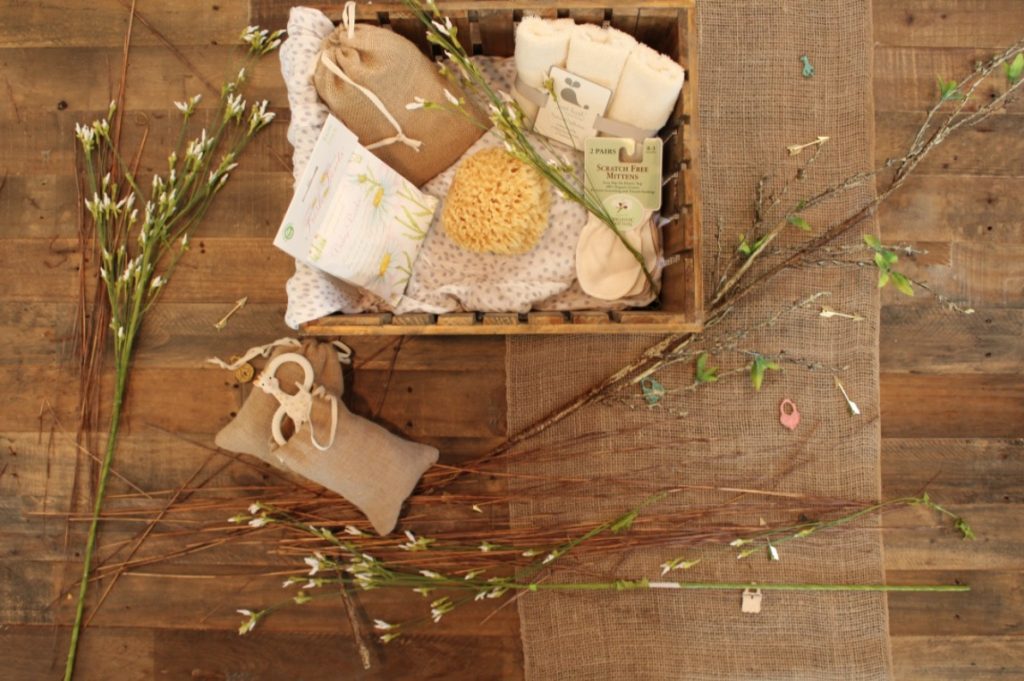Have you ever wondered if those age-old cleaning tips you’ve heard about using vinegar and water on hardwood floors are actually safe? The internet is filled with DIY cleaning advice, but sometimes it’s hard to know what’s reliable and what might end up harming your beloved hardwood floors. It’s a valid question, especially given the delicate nature of hardwood. This article will delve deeper, shedding light on the truth about using vinegar and water on your hardwood floors and how to achieve a stunning, streak-free finish.

Image: monagiza.com
The appeal of vinegar as a cleaning agent lies in its natural acidity. It can effectively break down dirt, grime, and even some bacteria, making it a popular choice for cleaning various surfaces. But when it comes to hardwood floors, this natural cleaning power might not be your best friend. While vinegar might seem like a harmless and affordable solution, it can actually have some negative consequences for your floors, especially if used improperly.
The Pros and Cons of Vinegar on Hardwood Floors
Like most things in life, the use of vinegar on hardwood floors has both pros and cons. Let’s take a closer look:
Pros:
- Natural and Affordable: Vinegar is a readily available, eco-friendly, and inexpensive cleaning agent. This makes it a budget-friendly alternative to harsh chemicals.
- Effective for Some Stains: Vinegar can be helpful in removing some light stains from hardwood floors, especially those caused by water spills or mild dirt.
- Antibacterial Properties: Vinegar has natural antibacterial properties that can help kill bacteria and germs, making your floors more hygienic.
Cons:
- Can Damage the Finish: Vinegar is acidic, and repeated use can wear down the protective finish on your hardwood floors, leading to dullness, scratches, and even damage over time. This is especially true for floors with a polyurethane finish.
- Can Cause Streaks: Vinegar can leave streaks on hardwood floors if not thoroughly rinsed. This is because vinegar is sticky and can attract dust and other particles, resulting in an unsightly finish.
- Not as Effective for Deep Cleaning: Vinegar is not as effective as specialized hardwood floor cleaners for removing deep-seated dirt and grime. While it can tackle light spills and everyday dirt, it might struggle to remove tougher stains or embedded dirt.
- Can Affect the Wood’s Natural Color: While uncommon, some varieties of hardwood are more susceptible to color changes from vinegar. This is especially true for some lighter-colored woods.

Image: flooringstype.com
The Importance of Knowing Your Floor’s Finish
The type of finish your hardwood floors have plays a crucial role in determining whether or not vinegar is appropriate.
Polyurethane-finished floors: These are the most common type of floor finish and are extremely durable. However, they can be susceptible to damage from vinegar’s acidity. It’s best to avoid using vinegar on floors with this finish unless you’re dealing with a light spill or stain.
Oil-based finishes: These finishes are more porous and tend to absorb liquids more readily. Vinegar can penetrate these finishes, potentially leading to discoloration and damage. It’s generally not recommended to use vinegar on floors with oil-based finishes.
Waxed floors: Vinegar can strip the wax from your floors, leaving them unprotected and vulnerable to damage. It’s best to avoid using vinegar on waxed floors.
Alternatives to Vinegar for Cleaning Hardwood Floors
If you’re looking for a safe and effective way to clean your hardwood floors, there are several alternatives to vinegar that won’t damage your floor’s finish:
- Specialized Hardwood Floor Cleaners: These cleaners are specifically formulated to clean and protect hardwood floors without stripping their finish. Look for cleaners that are pH-neutral and specifically designed for your type of floor finish.
- Soap and Water: A mild dish soap mixed with warm water can effectively clean hardwood floors without damaging the finish. Make sure to rinse thoroughly and dry the floor completely after cleaning.
- Baking Soda: Baking soda is a gentle abrasive that can help remove stains and grime from hardwood floors. Mix baking soda with water to create a paste and gently rub it onto the stain. Rinse thoroughly with water.
Best Practices for Cleaning Hardwood Floors
Regardless of the cleaning method you choose, here are some general cleaning tips that you should follow to keep your hardwood floors looking their best:
- Sweep or Vacuum Regularly: This will remove loose dirt and debris that can scratch your floors.
- Use a Soft-Bristled Broom: This will help prevent scratches and wear and tear.
- Avoid Harsh Chemicals: Avoid using harsh chemicals, such as ammonia or bleach, on hardwood floors. They can damage the finish and even discolor the wood.
- Dry the Floors Thoroughly: Make sure your floors are completely dry after cleaning. Excess moisture can lead to warping and damage over time.
- Use a Protective Mat: Placing a protective mat or rug in high-traffic areas can help protect your floors from scratches and scuffs.
Can I Use Vinegar And Water On Hardwood Floors
Conclusion
While vinegar might seem like a tempting natural cleaning solution for hardwood floors, it’s crucial to understand the potential risks involved. Remember, your hardwood floors are an investment, and taking proper care of them will ensure they remain beautiful and durable for years to come. By using the right cleaning products and techniques, you can keep your hardwood floors sparkling clean and protected.
If you have any doubts about the best cleaning methods for your specific hardwood floors, it’s always best to consult with a professional floor cleaning service or a reputable hardwood floor manufacturer. They can provide guidance and recommendations tailored to your unique flooring needs.





